| Hike Southbound through Britain with Daryl May Click for Northbound hike |
|
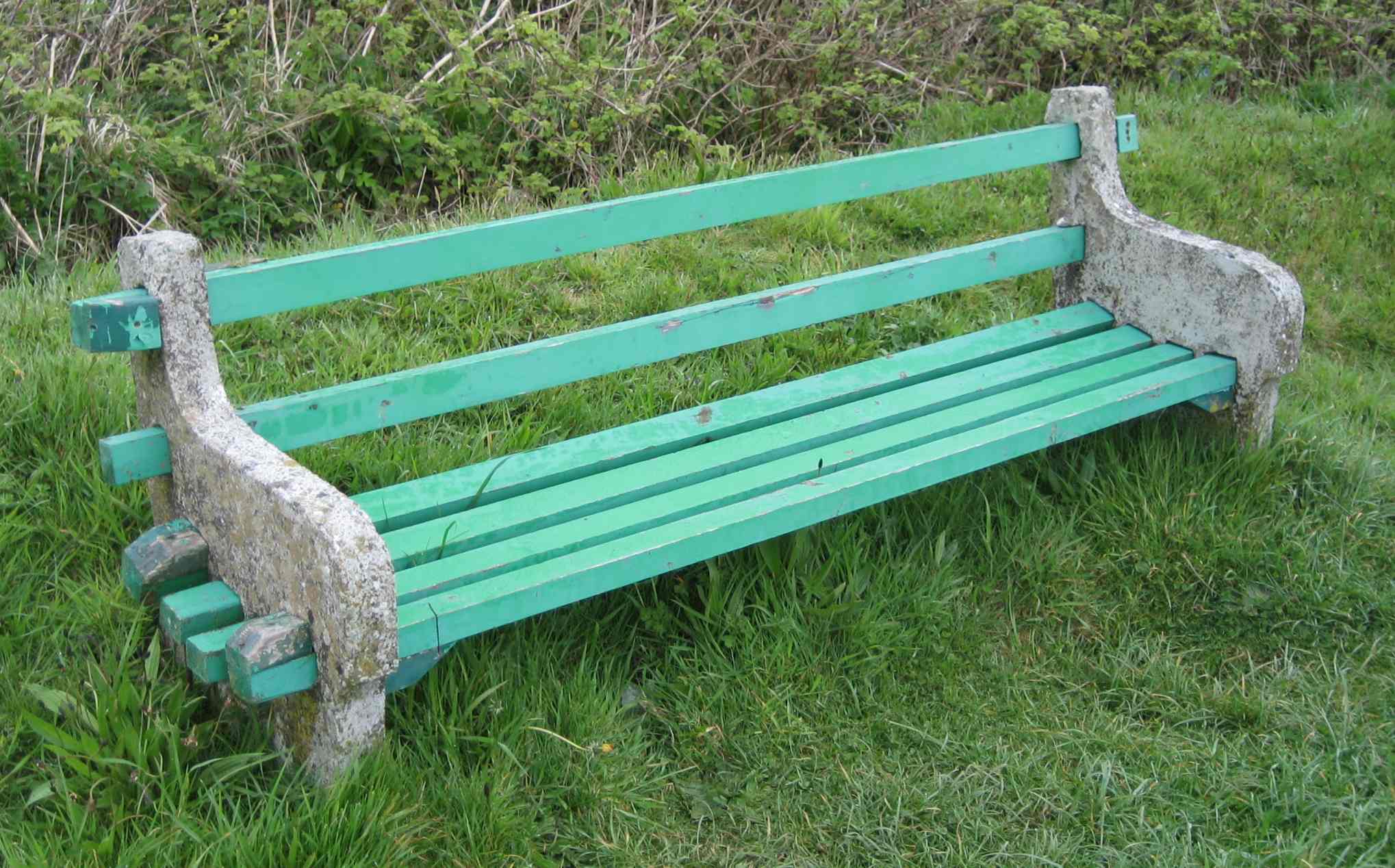 |
|
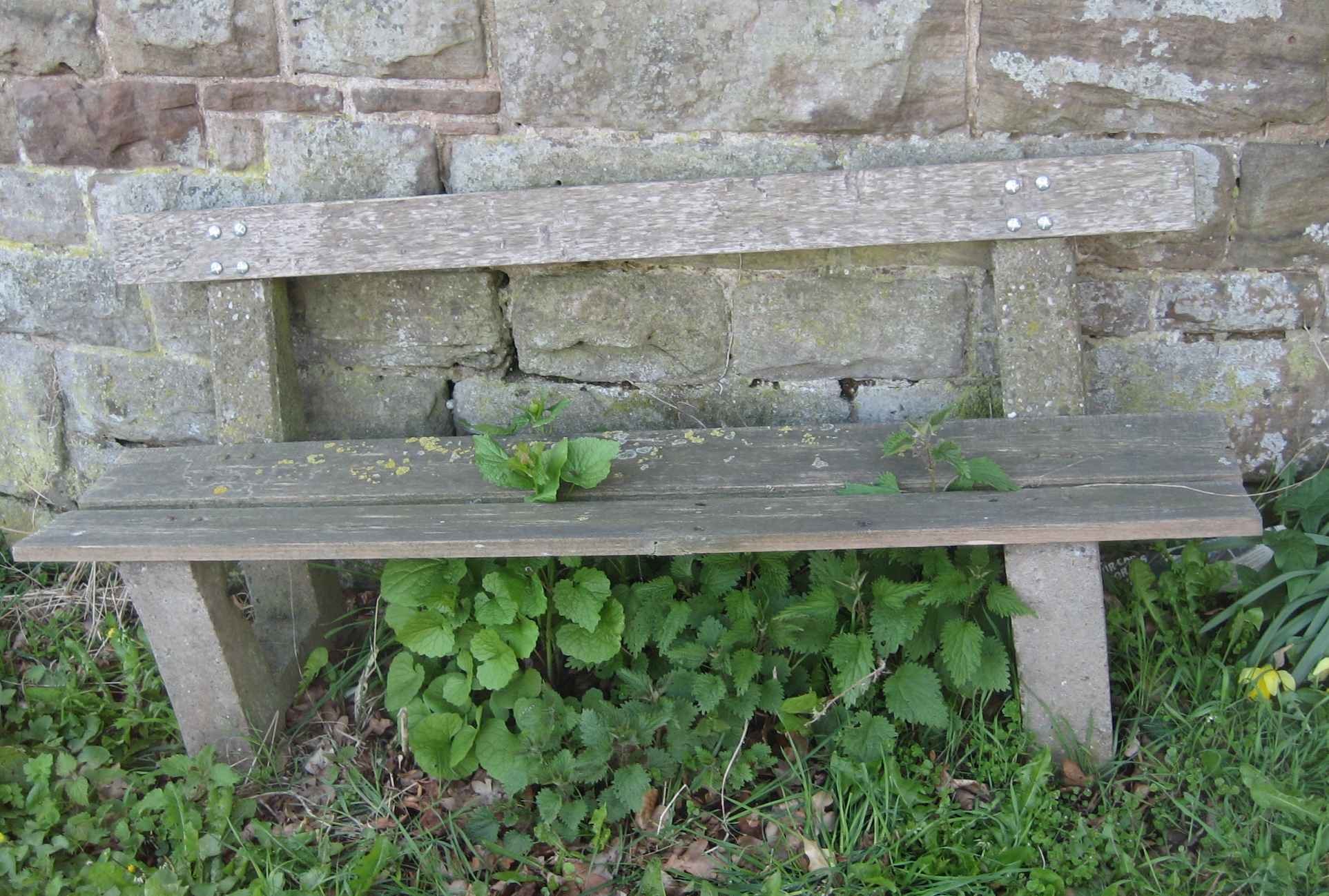 |
|
| Days S53 - S65 English West Country | |
| Southbound Home Start hiking here Scottish Highlands Central Scotland Southern Scotland North of England English Midlands English West Country Northbound Home |
Saturday, April 26, 2008
Time of departure: 8.30 am Time of arrival: 2.30 pm Place departed: Bodmin, Cornwall Place arrived: Penhale (near Indian Queens), Cornwall Miles: 13.5 Cum miles: 922.2 Percent complete: 95.0  Premier Inn, Penhale *** Premier Inn, Penhale ***Cost for bed and breakfast: £65 ($130) |
| Overview of both hikes Excerpts Statistics What others say Acknowledgments Contact me Copyright Links |
|
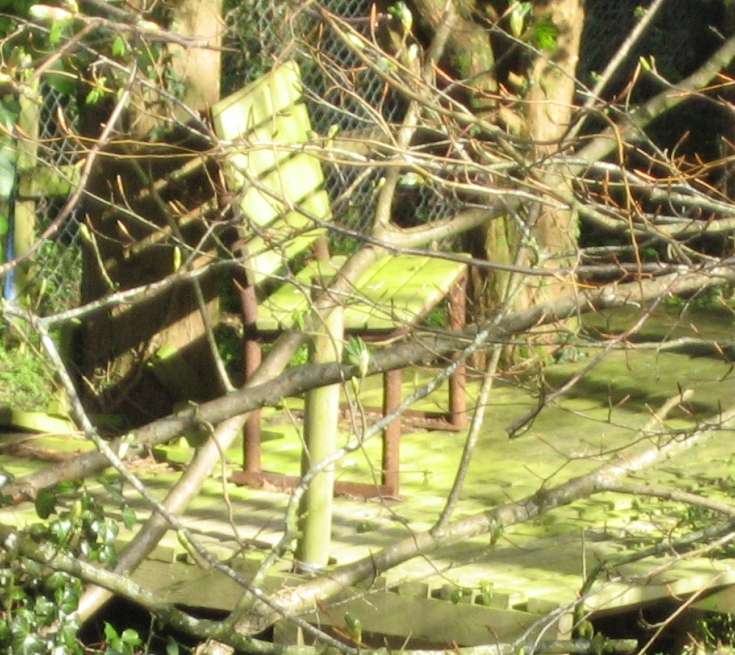 |
|
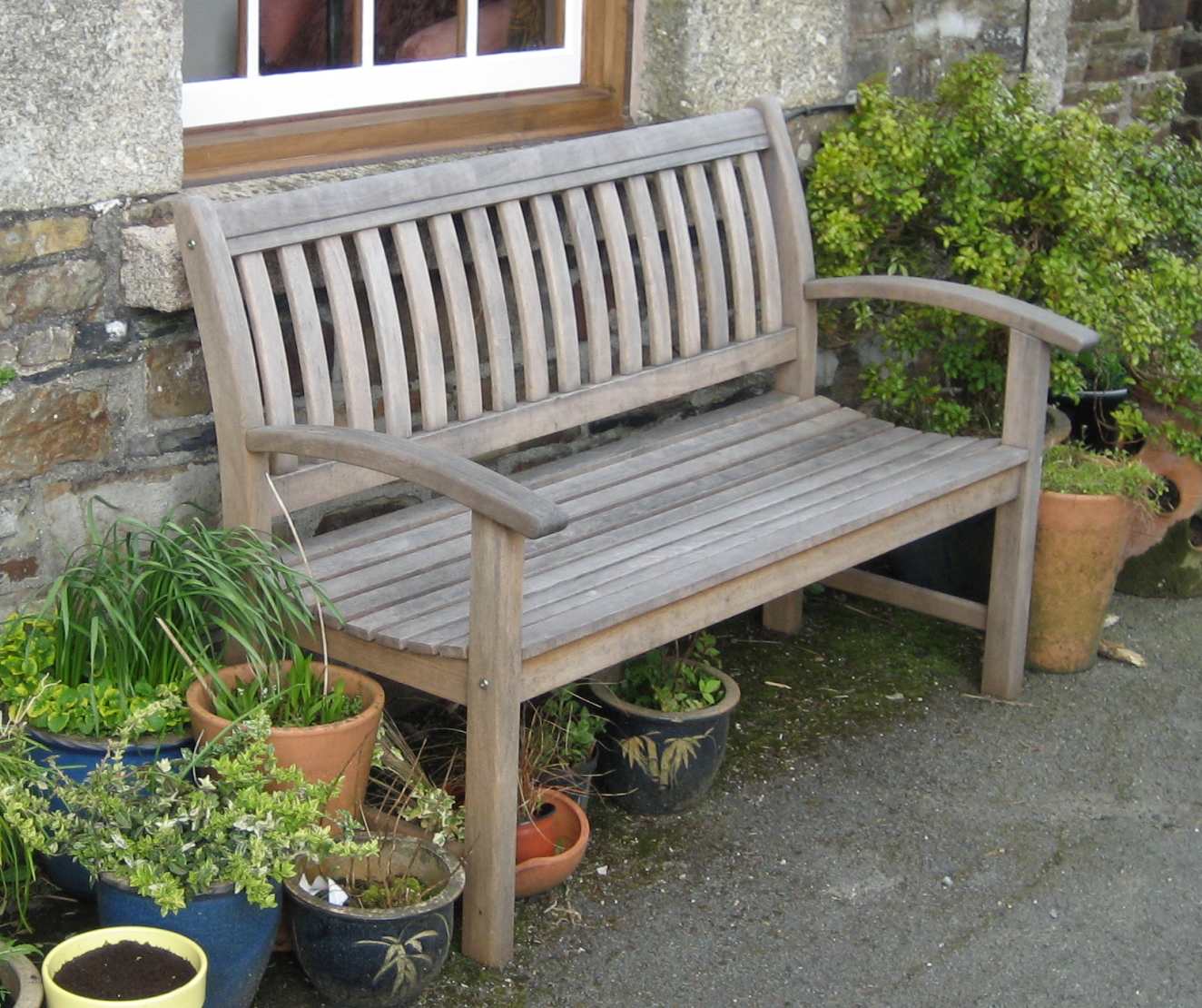 |
|
|
Heading south in Cornwall, I remember what it was like to head north: five and a half days of hills, knotwood weed, thorny
hedgerows, narrow suicidal lanes, wild onion and manure smell - and
hiker's starting-off pains. Of course there were flowers and palm
trees, and lovely scenery too. And that's not to begin to describe the
coast with its fantastic harbors and coves beneath cliffs or at the
foot of steep hillsides.
Getting somewhat stressed after two months of walking, there are a few pet peeves I've developed. One is that I find it hard to be lectured about routes that I ought to take (because my lecturer likes them) and places I should visit (because my lecturer likes them). Very often this starts with a lack of appreciation for the need to take a direct route if an aging hiker is to complete the end-to-end in a reasonable time. It's hard for others to understand the mindset one has after walking 15 miles a day for weeks. And, to make matters worse, sometimes people's ego's get in the way of accuracy when they advise.
"You
need to take the coastal path," a landlady said. "But isn't it much
longer, and doesn't it go up and down a lot?" I'll reply. "Yes, but you
must see the flowers!" she said, while looking out over
her concreted-up yard.
"You'll just love Tintern Abbey," someone said. "Those wonderful stained-glass windows." Now that's a big mouth trying to impress a foreigner without much knowledge - for Tintern Abbey is a shell without any window glass. "It's only three miles off your route," people will say. But three miles there and three miles back, with an hour "there", robs me of a half-day's progress, and that's if it's really just three miles. Then there's the insinuation that it's lazy not to take the mountain trails. "It'll make you fit," said a 45-year old man of twice my weight. He said he did his food-shopping on the Internet these days, so he doesn't have to walk to the corner store.
Then, too,
I get some screwy history lessons, which often assume that Americans are ignorant - or haven't
been blessed with a sense of history, or democracy isn't as ingrained, or Americans are cultureless.
"You must see the Magna Carta," I've been told. "You Americans don't know that we've had democracy here since 1266. Now I have nothing but admiration for the decently-functioning democracies that Britain and the U.S. (and many other countries) enjoy. Nor do I minimize the Magna Carta as a step down that path. But to cite it to bash the Americans invites some critical retort. I have seen the Magna Carta, or at least one of the very few "original copies". Incidentally it dates back to 1215, not 1266. More than that, I've read a translation in modern English. Indeed, it's a step in the direction of democracy, because it limits the monarch's powers. But it falls far short of being a democratic constitution, and it has a dirty little secret in having an anti-Semitic paragraph or two. In any case, the Magna Carta's philosophies flowed to all countries that inherited English traditions after 1215, i.e., it's as American, Canadian, Australian, etc., as it is English. More to the point is what
happened later. The English (and Scottish) Bill of Rights of 1689
are a most significant step towards modern democracy in the form of a
constitutional monarchy. The Act of Settlement of 1701 then further
codified and constrained the powers of the monarchy, and you could
argue that thenceforward (or at least from the Acts of Union which
united England and Scotland in 1707), the British had a real democracy
as we know it today.
And this certainly preceded American democracy! But that wasn't democracy in America unembraced as much as democracy denied. Thirsting for liberty, the Americans remedied that situation in 1776, from which time you could say that they enjoyed quite similar democratic traditions to the British. Then, while the Americans only slowly abolished slavery and registered blacks to vote, the British only slowly gave their colonies independence and women the vote, and their head of state remains unelected. Today, you can argue about the effectiveness of institutions and officeholders, but it's undeniable that democratic government and traditions have been deeply planted in both nations for more generations than anyone has the right to claim personal credit for. Now, I'm not trying to turn a hiking tale into a democracy competition. I just want to suggest that tolerance on both sides is a better start point for a discussion than the assumption that Americans are Johnnies-come-lately country bumpkins in the world of government. And Americans certainly shouldn't claim to have the oldest or best democracy either, because others can make the same case. (Incidentally, the expression, "Johnny-come-lately", probably comes from an American novel of 1839.)
I had an easier day today. Ros McNary runs a very nice B&B in
Bodmin (called Scrumptious,
near the start of the Camel Trail), and
cheerfully cooked me an excellent breakfast at 7.30 am. Her bacon was
the best I've tasted, and all I then consumed on the trail itself was a
liter of Trewithen Dairy semi-skimmed Cornish milk, which - so we get
the message - comes from "happy, healthy Cornish cows", though it's
unclear to me how they measure a cow's happiness. Hobson was happy,
though, because the going was a good bit more level than on my
northbound route in this general vicinity. Perhaps I should have
related that I have a heart ailment that caused my doctor to ask, "Are
you sure you're cardiovascularly up to this walk?" The answer, as I
know it now, is that I'm doing pretty well for 64-years-old, but
walking uphill carrying a pack is especially hard. On these occasions,
I take more rests than, err, heartier people, whether on a grass verge
or a bench.
More pictures from my Benches of Britain series appear here, and you'll find others on day S25, S41 and rest day 17. For those who would like to see just one more bench, there's also another on day S47. I bought brown bread, brie, and orange juice for dinner, and enjoyed it more than the lasagna that I'd been eyeing on a nearby restaurant's menu here in Penhale - with about 47 miles to go. |
|
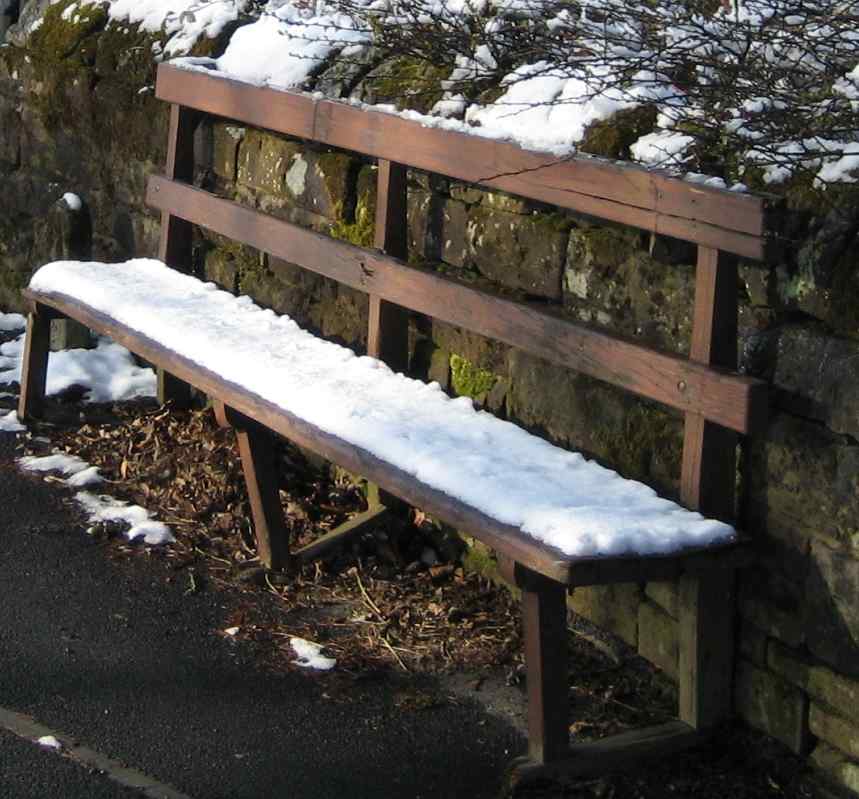 |
|
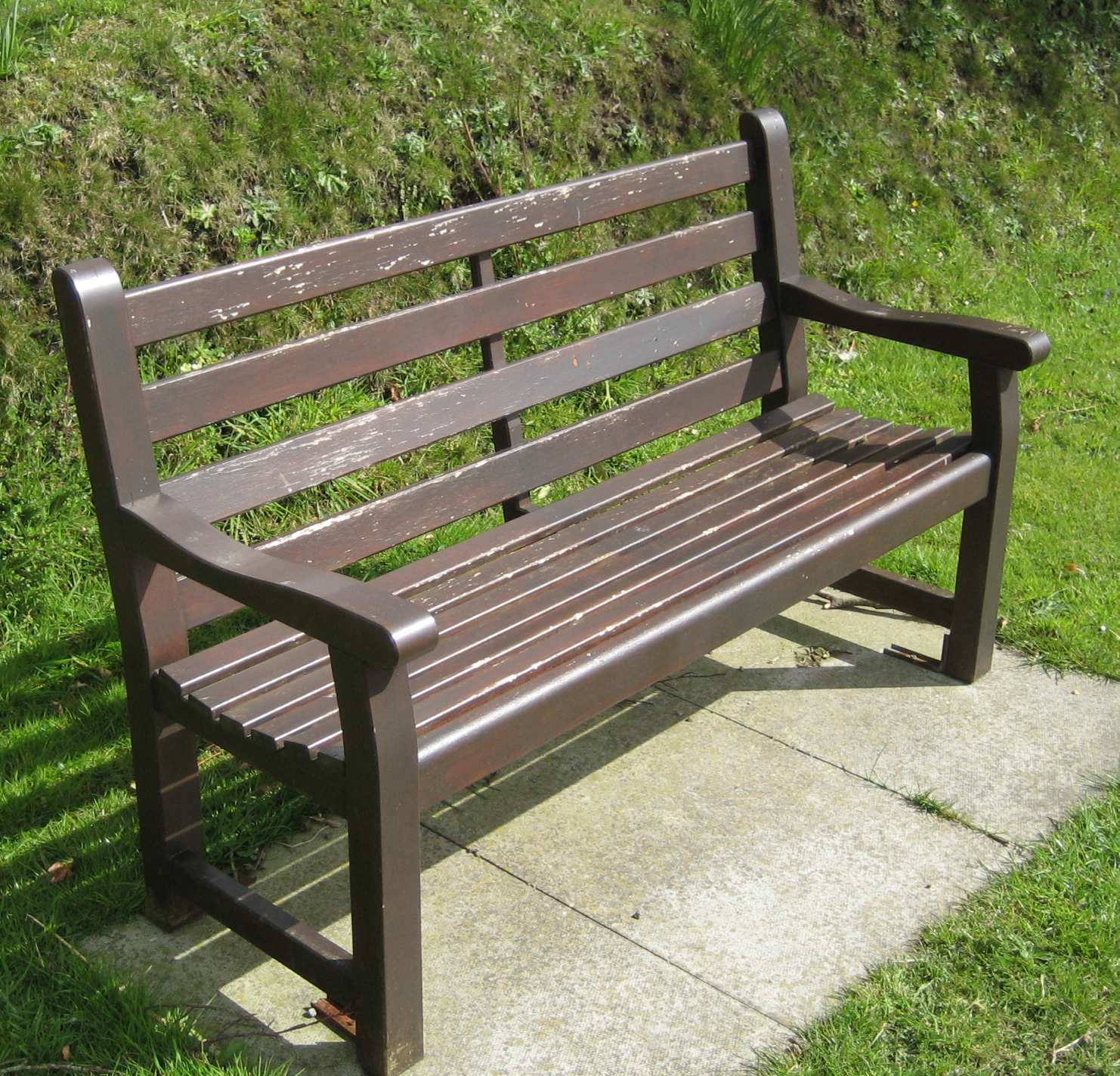 |
|
| Day S61 © 2007 and 2008 Daryl May Day S63 | |